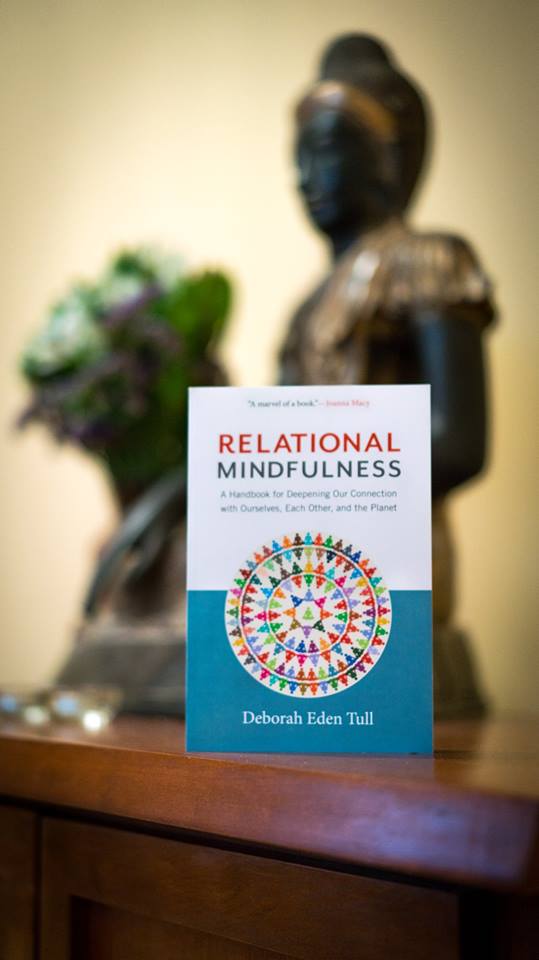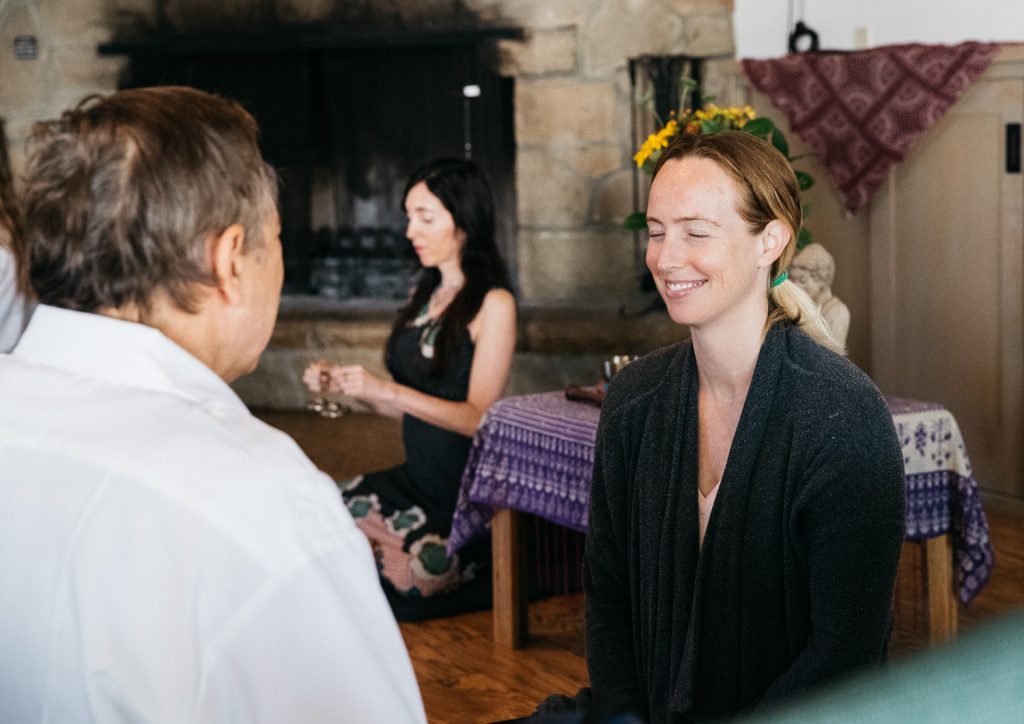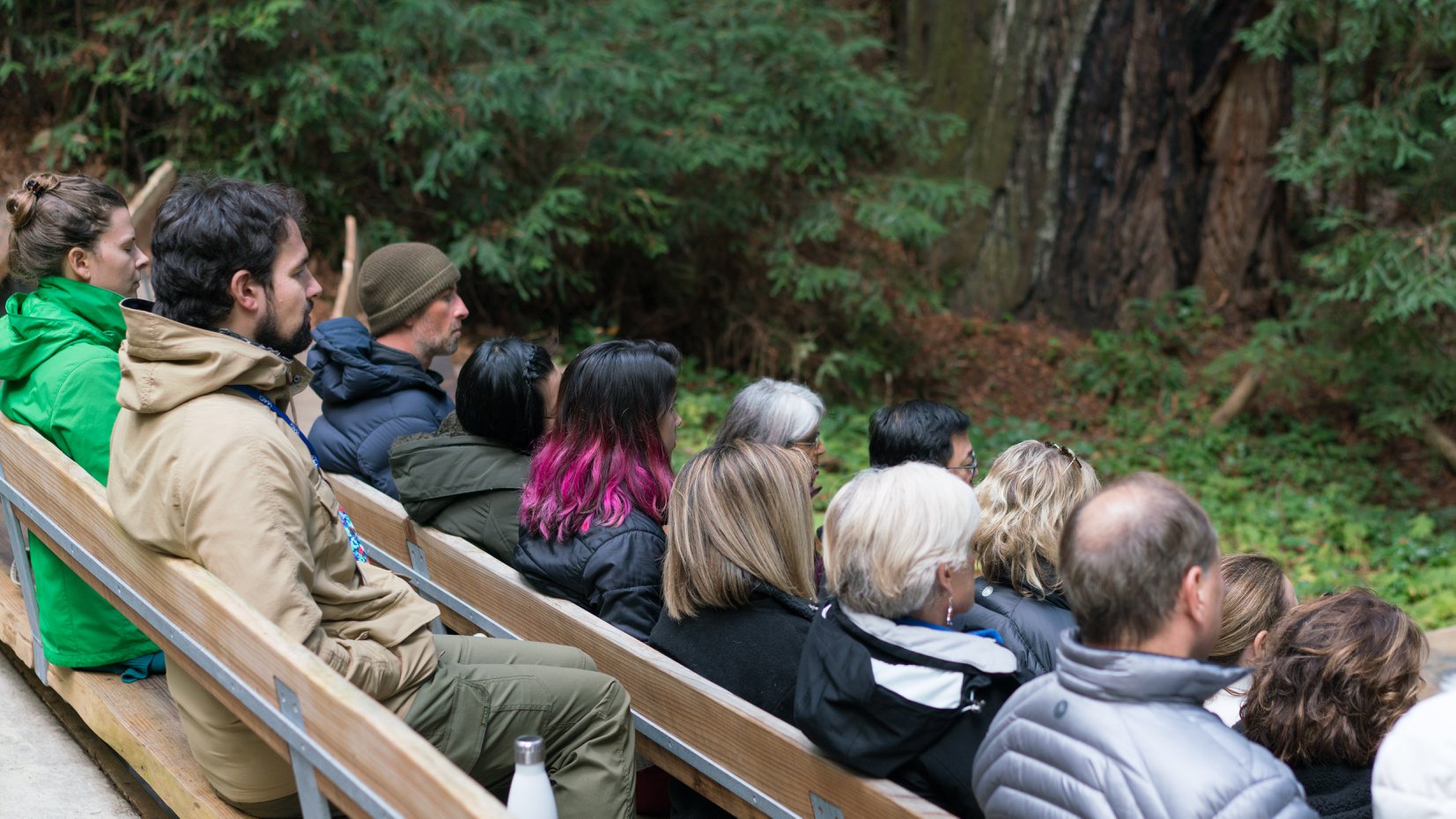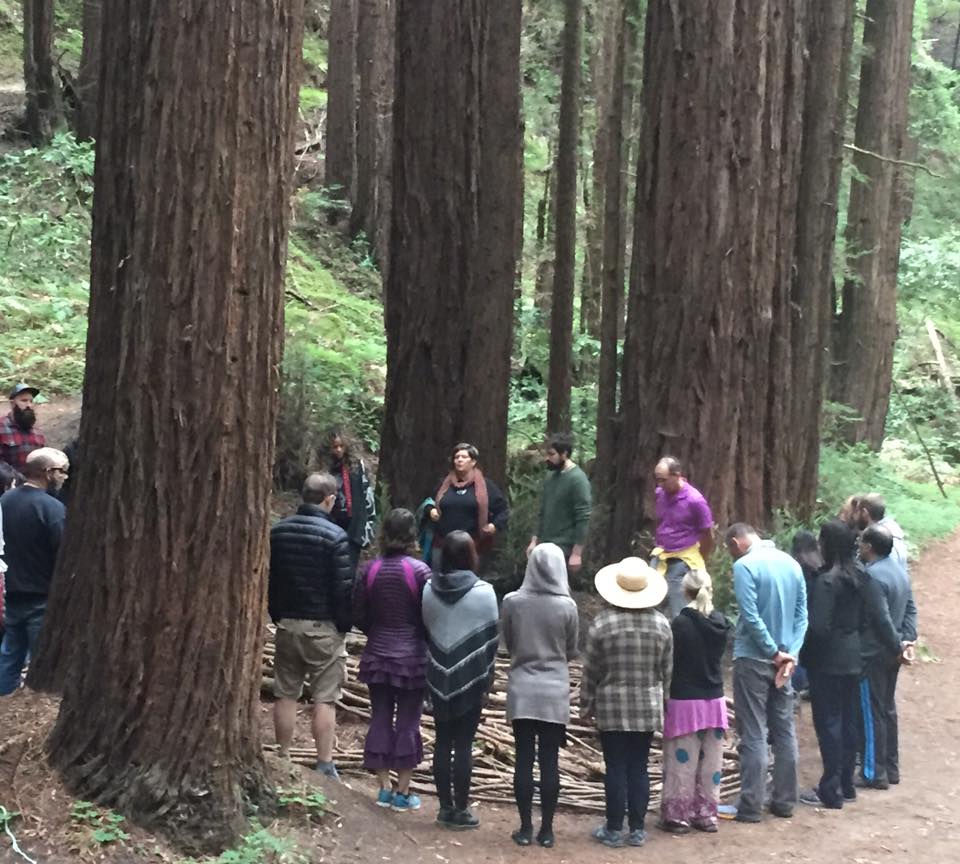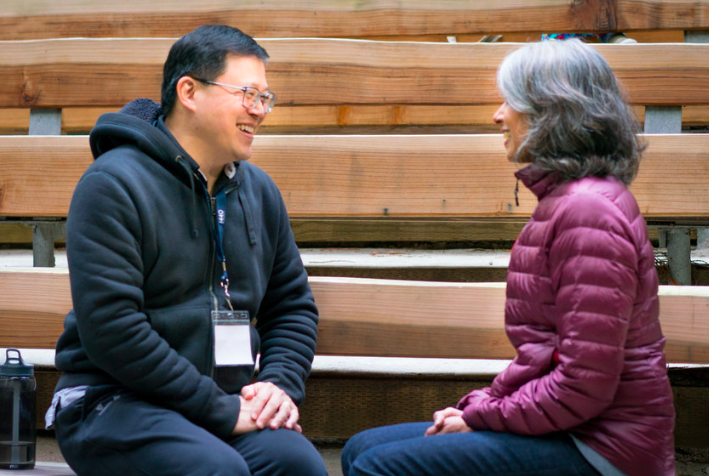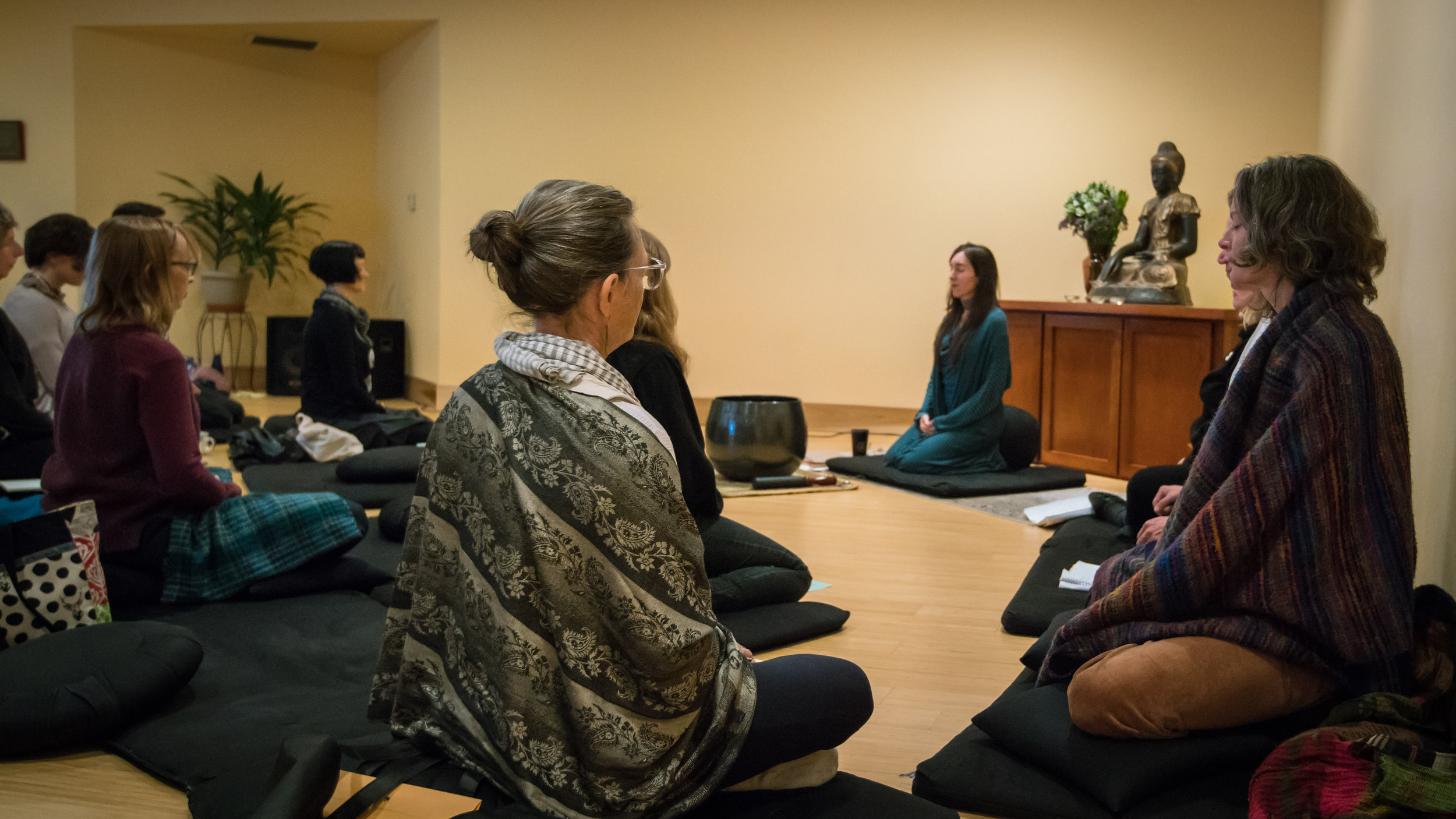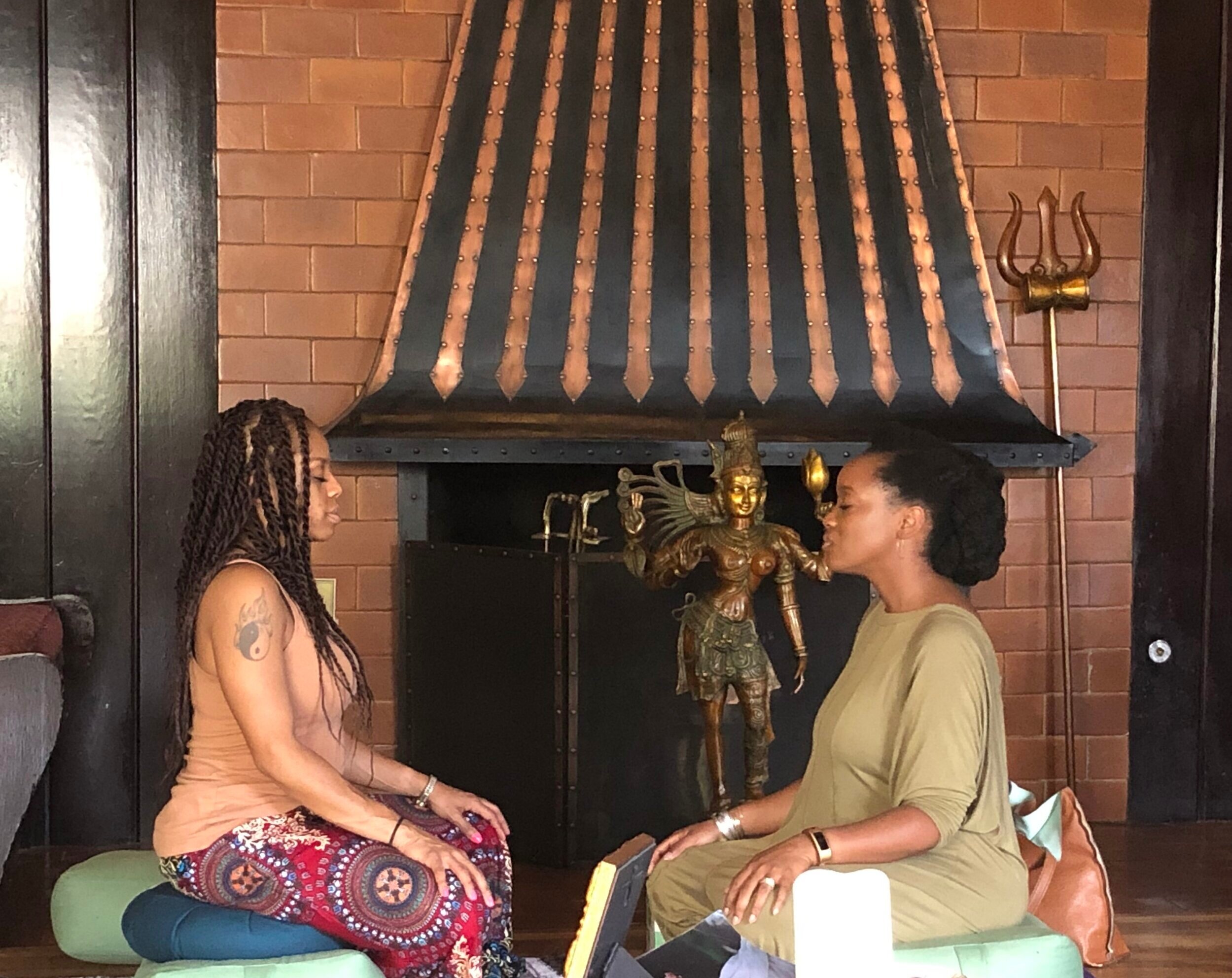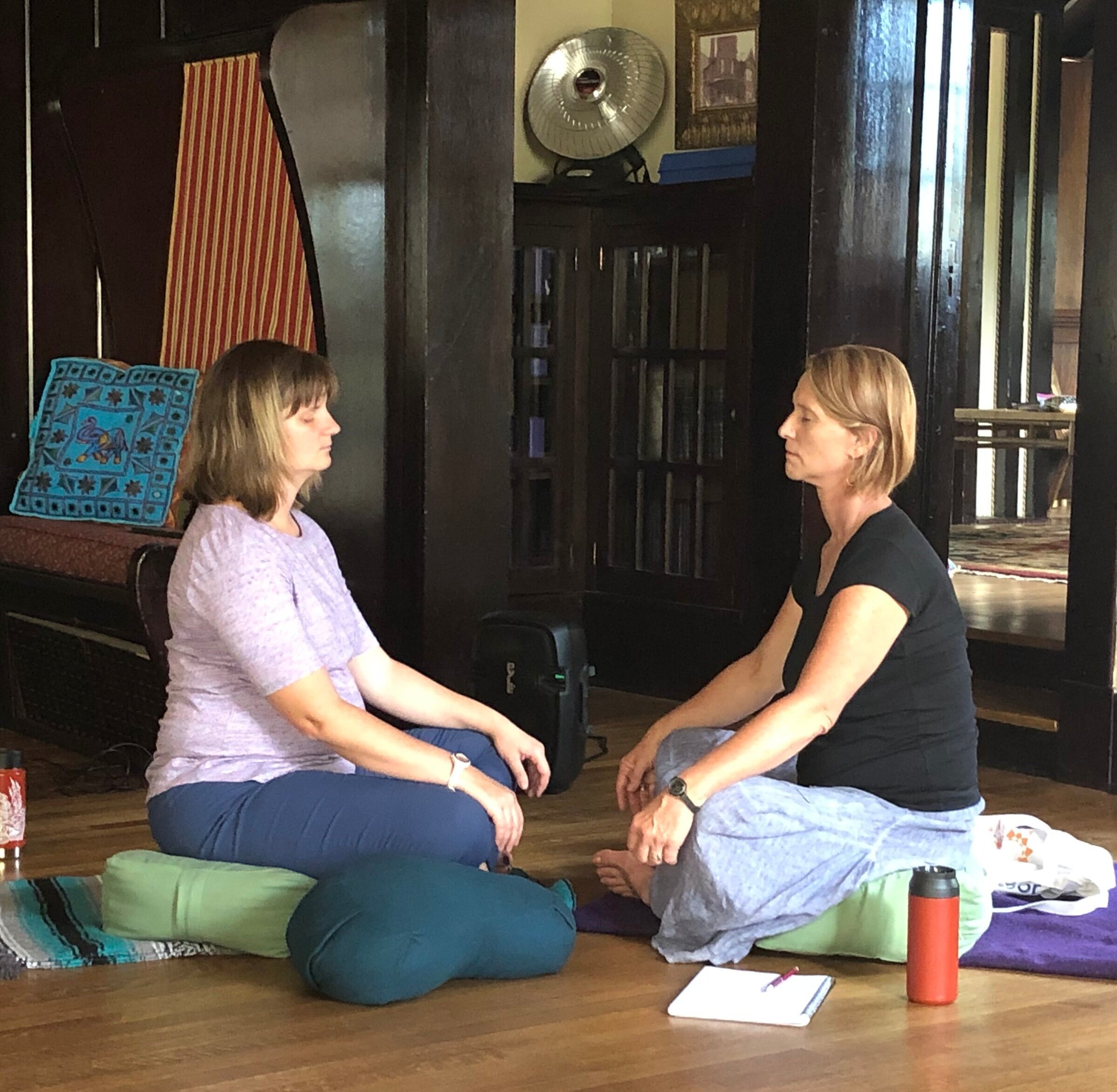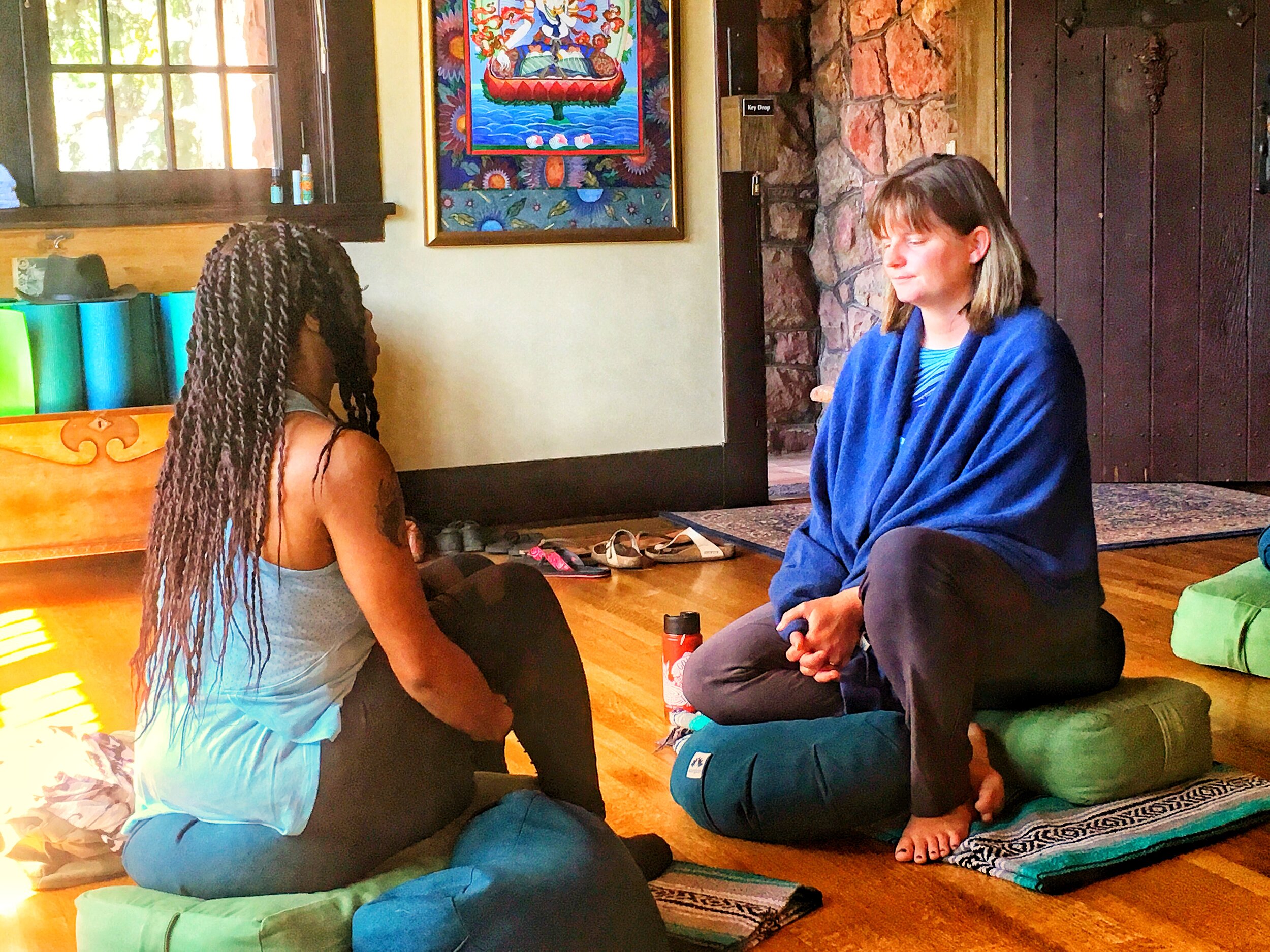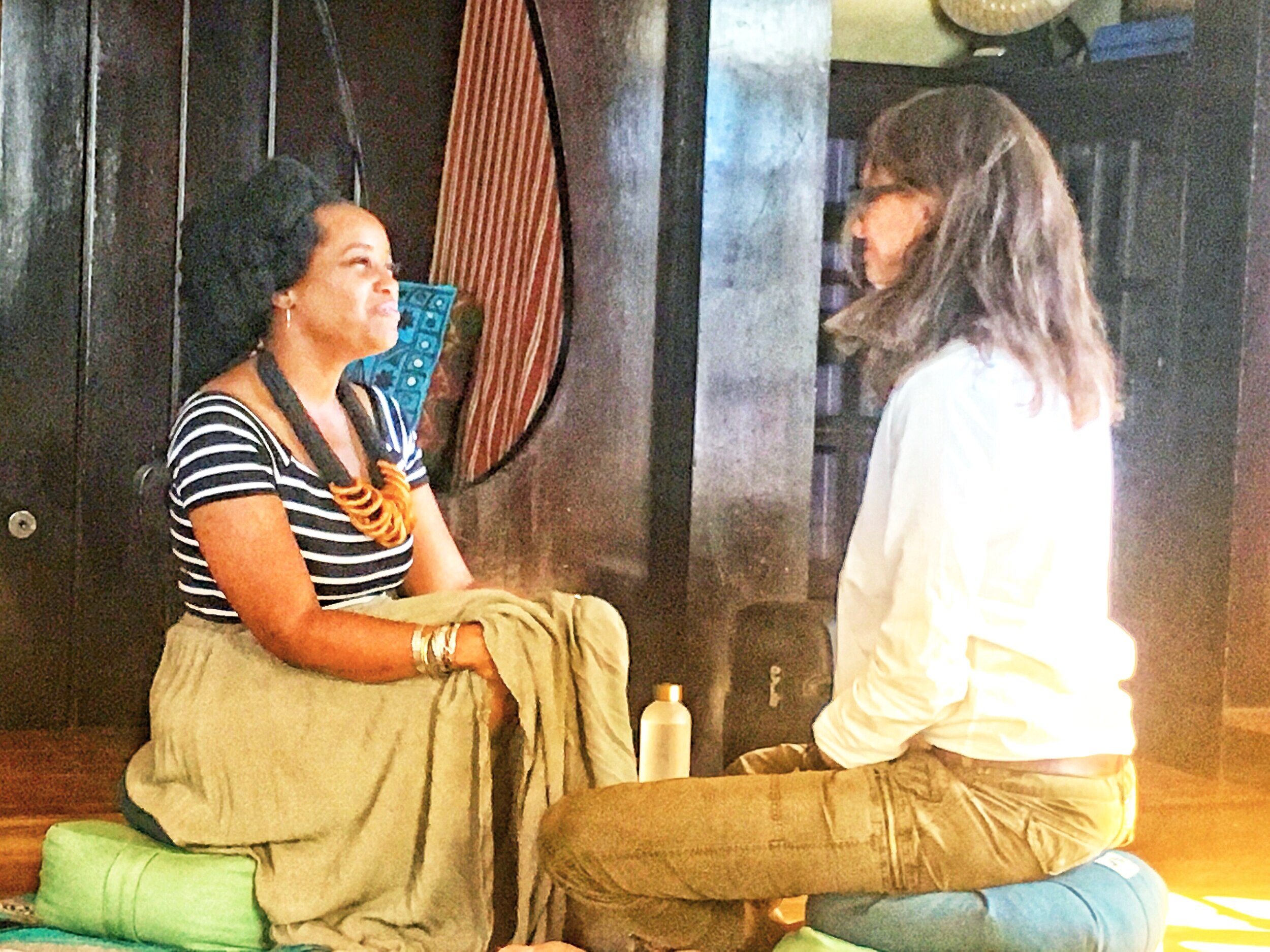RELATIONAL MINDFULNESS: A handbook for deepening our connections with ourselves, each other, and the planet
AVAILABLE AT THE FOLLOWING RETAILERS:
JOIN EDEN FOR RELATIONAL MINDFULNESS FACILITATION TRAINING, HER 3-MONTH ONLINE PROGRAM - DATES TBD. SIGN UP FOR MORE INFORMATION HERE.
Eden’s book, Relational Mindfulness: A Handbook for Deepening Our Connection with Ourselves, Each Other, and the Planet, is about healing the myth of separation through our relationship with self, one another, and our planet. A message from Eden:
Relational mindfulness teaches 9 timeless principles for awakening through the beautiful, dynamic, and complex field of human relationship. The practice of Relational Mindfulness keeps us honest by showing us when and where it is difficult to remain fully present when engaging with others. Sitting alone on a meditation cushion is a wholly different exercise than engaging socially, at work, in conflict, or romance.
Or is it?
Just as the breath provides an anchor when we sit, deep listening - within and out - can be our anchor in social interactions.
Intimacy begins with our willingness to see clearly - beyond the myth of separation. We have to learn how to “be with” the pretty and not-so-pretty aspects of ourselves without needing to, fix, solve, or change anything. In this way the ground of being or shared presence becomes the gateway to personal and collective healing. The 9 principles of Relational Mindfulness are:
Intention Transparency
The Sacred Pause Not Taking Personally
Deep Listening Taking Responsibility
Mindful Inquiry Compassionate Action
Turning Towards, Rather Than Away
In Peace and Passion,
Deborah Eden Tull
Eden has an article posted with Deep Times based on her book Relational Mindfulness.
““Deborah Eden Tull meets us where we live: in constant interaction with self, other, world. What she offers is both ancient and to the moment. She draws on the Buddha’s timeless teachings, absorbed in her years as a monk, and ripened now by her engagement with the challenges of a society in crisis. Our work together has generated my great respect for her integrity, deepening my appreciation for this marvel of a book.””
“A powerful dose of sanity.
If you’re looking for a good friend of a book, a book you’re going to want to live with and keep around for a while. This is the book. I have lived with it for over a year know and here is what I feel everyone should know about it.
1- It’s a book for everyone, not just meditators.
It’s for anyone interested in having more authentic relationships in their lives. Being mindful, or mindfulness, simply means to start paying deeper attention to our relationships. While meditation is a practice that is certainly recommended, the content of the book is, in itself, highly transformative and will elevate your view of life, and impact it in all the ways that living a more real life can bring.
2- It is a practical book.
As a handbook, the material is designed to be applied. This isn’t a book that lives on my shelf. I keep it around, often times in my car, and I pick it up any time I’m in need of a dose of sanity (I drive in Los Angeles). The mindful inquiry and daily practice sections are particularly helpful to that end. You’ll find really helpful questions and ways to practice that will help you see what is true for you.
2- Doesn’t matter where you start
Another thing I enjoy about the handbook format, is that it reinforces the “start anywhere” aspect of mindfulness practice. Because as you start practicing, you rapidly get a clear sense that something so incredibly simple can also be so incredibly powerful. So it does not matter what you start paying attention to, the effects will be felt everywhere in your life.
I started in the middle, relationship with one another, because I was more drawn to that topic at that particular time. I just re-read the “From I consciousness to We consciousness” chapter, that made me realize how much of the material had sunk in and how much I had applied in the past year and how life-changing it has truly been. Something as small as making a point of looking people in the eye, is changing my relationships and I now find it much easier to establish trust around me.
4- It is an encouraging book.
This is the aspect that brings the book over the top for me. The author shares her own struggles and life story, so you never feel that that stuff is only attainable to a zen monk. In fact, she really dissects the mental process of separation from life and how it manifests in her practice. That helps the reader tremendously when applying the material in their own situation. What’s particularly appealing to me is that the practice of mindfulness is presented as subversive, even revolutionary in the current world situation. That encouragement is the key for my motivation in living mindfully on a day-to-day basis, because I know that’s ultimately the most concrete opportunity offered to each of us to change the world. ”
“Deborah Eden Tull grew up in a progressive community of artists and activists, whose motivations contrasted starkly with her Los Angeles surroundings. Yet even in this change oriented environment, she couldn’t help feeling that more was needed in order to effectively address our most pernicious human problems: from personal fear, pride, and stress to social inequality, bigotry, and profit-driven destruction of nature. Tull’s drive to cultivate greater peace and happiness led her at age 20 to Zen Buddhism, here she found meditation to be “a direct means for softening our obsession with productivity and returning us instead to a more vast presence of being.”
Through years of monastic practice (which she later left to teach and practice in society), she learned that the social good is served by moving toward what she calls “we consciousness,” and that this shift is innately a mindful one. Gently, lovingly, she shows how bringing mindfulness to how we show up for ourselves, our dear ones, and our wider communities creates the clarity to live with wisdom and compassion in trying and isolating times. Relational mindfulness, Tull describes, is the antidote to our illusion of separateness—which “fuels a way of life that is unsustainable both personally and globally. Every seed of violence in our world—war, social injustice, planetary abuse, and any ism—stems from the seed of this illusion.”
This book doesn’t promote an intellectual grasp of what mindfulness is and does, nor is any kind of religious belief indispensable to its premise. What it accomplishes is a thoughtful, piece-by-piece consideration of the issues caused by our deeply limited conditioning, by our misperceptions about the world and ourselves—and how we’re capable of realizing our interconnectedness more deeply through relationships. It can be read in a group with shared intention, with a partner, or by oneself. What matters is that we take its compassionate message to heart. In the words of another spiritual teacher and activist, angel Kyodo Williams, “Love and justice are not two. Without inner change, there can be no outer change; without collective change, no change matters.”
– Mindful Magazine June 2018 Issue Complete Review
DIY COurses
Click here to learn more about Eden’s DIY Courses, like Presence, Courage, Collective Awakening.

